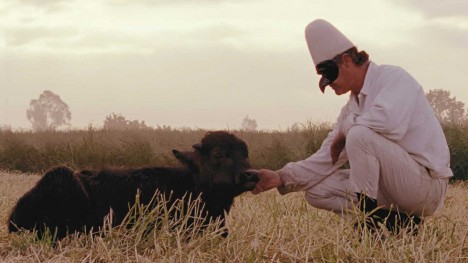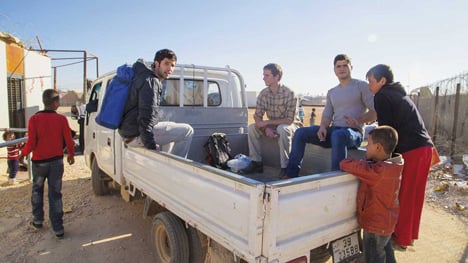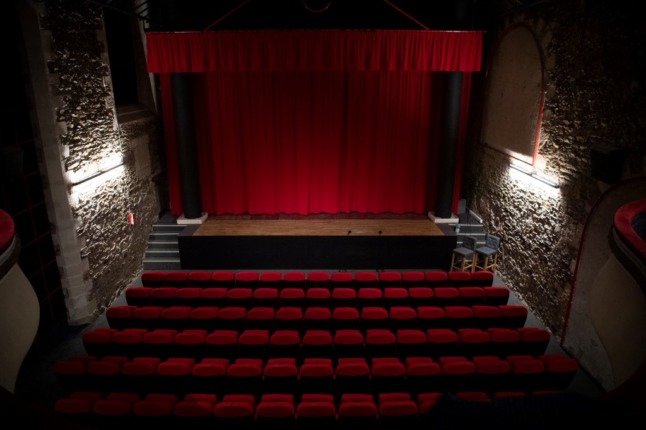Director: Yann Arthus-Bertrand
Directors: Liv Berit Helland Gilberg, Bodil Voldmo Sachse and Jens Blom
Not one for the faint of heart, 'The Dream of Europe' is an accurate a depiction as any of what is going on in our world right now. The film follows the work of Frontex, the EU organisation that co-ordinates European border management which, needless to say, has its hands full at the moment.
Shot in locations at the heart of the immigration debate, this film contains disturbing, real-life imagery of the sorts of conflicts that result from border policies on the one hand and the rights of desolate, desperate asylum seekers on the other. All of the above is made all the more relevant given that the quality of the footage is sometimes not the best as some of it is shot by amateurs who’ve gone to areas where few others dare to venture. ‘The Dream Of Europe' is a well-researched, well-documented work that digs beneath the surface and presents its findings in an uncanny, stripped-bare fashion.

Director: Crystal Moselle



 Please whitelist us to continue reading.
Please whitelist us to continue reading.
Member comments